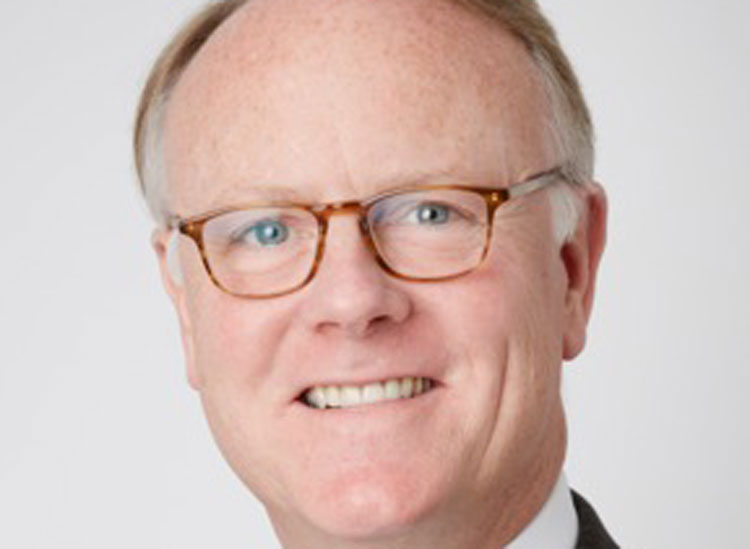
By Dan FitzPatrick
I am a Roman Catholic, meaning a Christian in the western (Roman) tradition. My faith is important to me; it is a part of who I am and the lens through which I see the world. It challenges me to live my life for a purpose beyond my own self-interest. To follow it is a personal choice, and I neither preach nor proselytize.
It is hard to be a Catholic these days. Perhaps it always has been. Perhaps in some ways it should be. But the difficulty so many Catholics experience these days has nothing to do with the faith we profess.
In the Bible, Jesus says to Simon “Thou art Peter; and upon this rock I will build my church, and he gates of hell shall not prevail against it.” (Matthew 16:18) It’s important to note that the word “church” as used in this passage is a translation of the Greek word “ecclesia,” meaning “an assembly” or “called-out ones.” In other words, Jesus was referring to the entirety of believers, not a building or institution.
While this passage is foundational to the establishment of the catholic (from the Greek “katholikos,” meaning universal) and apostolic (meaning deriving authority via succession from the first Apostles, of which Peter was appointed leader) organization we know as the Roman Catholic Church, I believe that the guarantee Jesus promised was of survival for the faith, not the institution.
All human institutions are imperfect, as are all the people who comprise and lead them. In every course of human endeavor you find heroes and saints, villains and sinners, the well intentioned and the devious, the true and the false. The Roman Catholic Church is no exception. Throughout its two millennia-long existence it has experienced and endured just about every scandal imaginable (just google “Borgia Popes”). It is remarkable, possibly miraculous, that the Church has survived to this day.
Now once again the Catholic Church is racked with self-inflicted pain. Its leadership ignored, overlooked, denied and then took too long to take action to stop evil perpetrated in its midst by certain of its clerics against some of the most vulnerable members of its own flock. Delay
only made things worse, and in the inevitable, cathartic efforts at remediation, the reputations of many good and innocent men and women were harmed by association. As is typical of bureaucracies (and the Vatican is probably the oldest and largest bureaucracy in history), the Church and its leaders were slow to acknowledge the true extent and severity of the problem, and their response was universally criticized as insufficient, discouraging the faithful and emboldening its enemies.
The Church as an institution faces many challenges typical to all organizations. Staffing shortages. Expense management. Facilities upkeep. Retirement planning. Recruiting. Marketing. Public relations. Those issues will wax, and wane, and remain. It’s possible that some or all of this could eventually destroy the Church, though history suggests otherwise. The institutional Church has one very unique thing going for it – its mission is to serve the spiritual needs of the community of believers that is the true “church” that will always be with us. Guaranteed.
Talk about job security!





